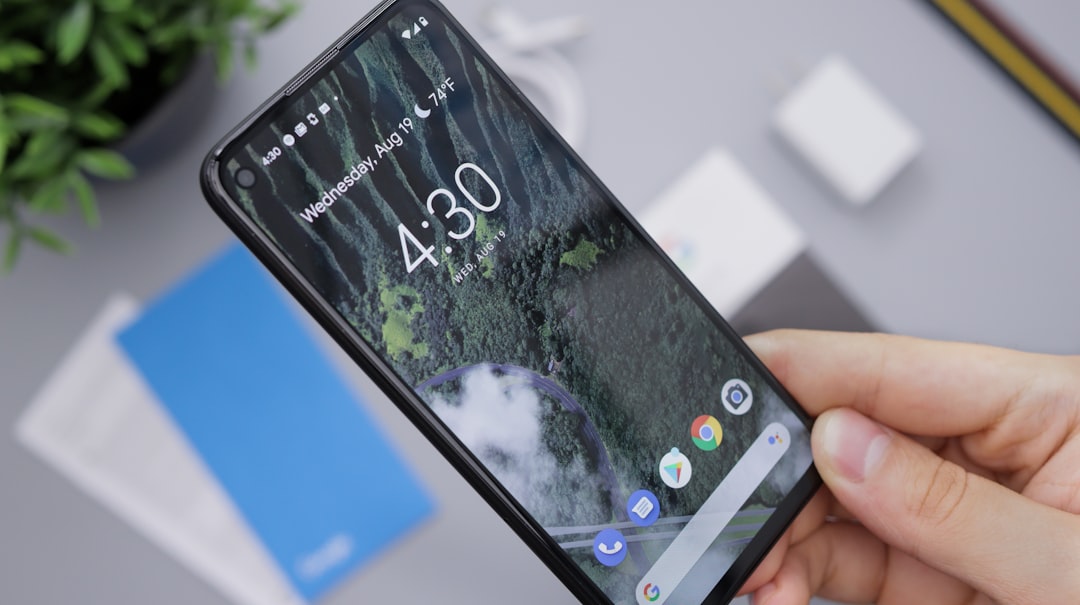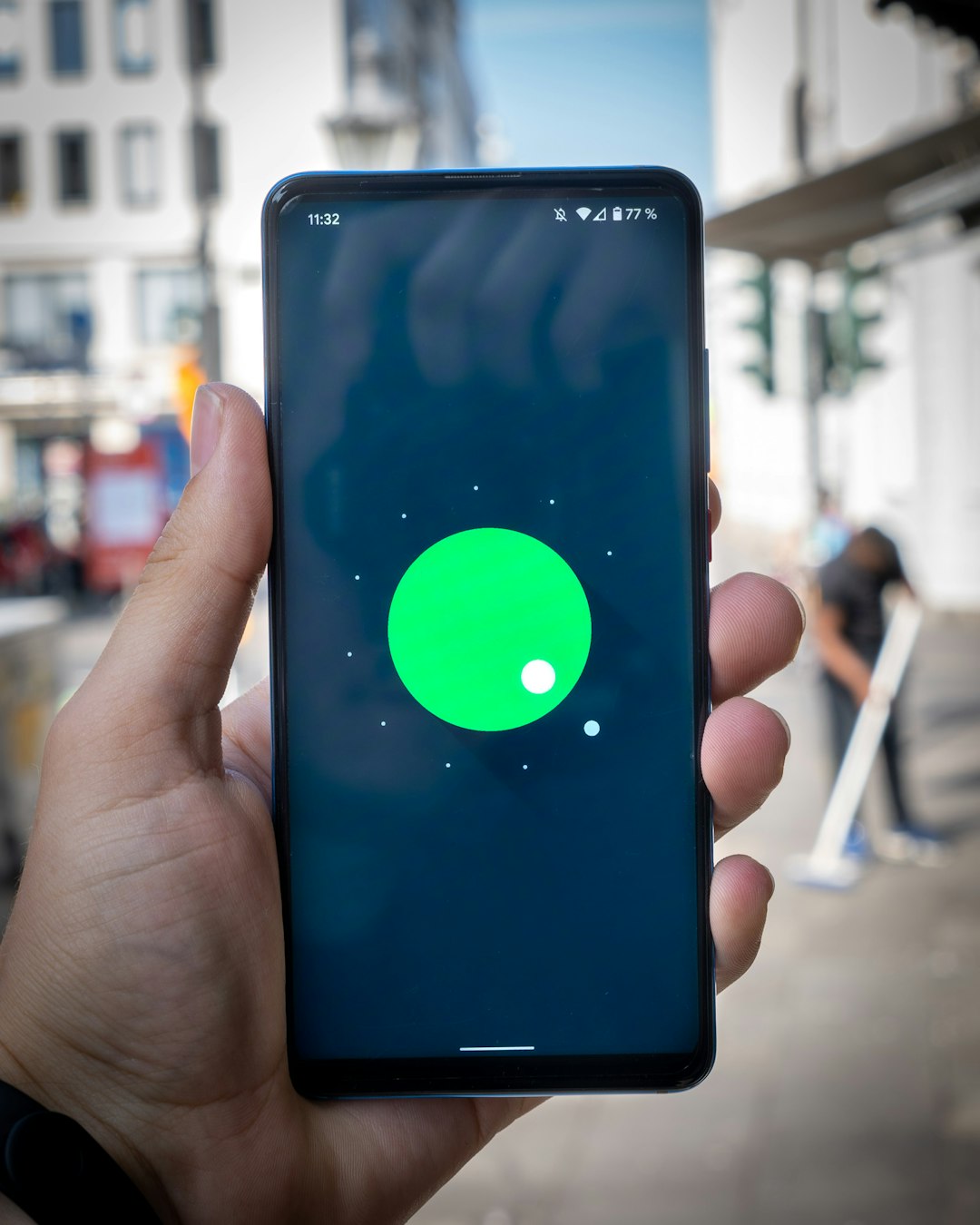Houston's "Do Not Text" laws strictly prohibit texting and mobile device use while driving, aiming to enhance road safety by reducing distracted driving accidents. With fines up to $200, license suspensions possible, and active law enforcement patrols, these laws deter drivers from texting behind the wheel. Texas' strict enforcement and public awareness campaigns further prioritize safety, backed by studies showing reduced crash rates in similar cities.
“Houston’s texting laws are a topic of growing interest as cities across the nation implement measures to enhance road safety. With ‘Do Not Text Laws’ gaining momentum, this article delves into the regulations specific to Houston and compares them to national guidelines. We explore how Texas enforces its rules and the impact on public safety. Understanding these laws is crucial for residents and visitors alike, especially considering the potential penalties. By analyzing these aspects, we aim to increase awareness and promote safer driving habits.”
Understanding Texting Laws in Houston

In Houston, as in many US cities, the Do Not Text laws are designed to keep drivers safe and reduce accidents caused by distracted driving. These laws prohibit sending or reading text messages while behind the wheel. The primary focus is on ensuring that drivers maintain their attention on the road, minimizing risks associated with texting and driving.
Understanding and adhering to these regulations is crucial for all Houston residents and visitors. The Do Not Text laws extend beyond simply not texting while driving; they include any activity that diverts a driver’s attention from the road, such as using apps or browsing social media. Law enforcement in Houston actively enforces these rules, with penalties including fines and potential license suspension. Staying informed about local regulations is key to avoiding citations and promoting safer streets for everyone.
Comparison to National Texting Guidelines

Houston’s “Do Not Text” laws are a key aspect of its traffic safety regulations, reflecting a national trend to curb distracted driving. While the city’s guidelines align with many state-level restrictions, there are subtle differences compared to the national recommendations. For instance, Houston enforces stricter penalties for texting while driving, aiming to deter residents from engaging in this risky behavior.
In contrast, national guidelines often focus on raising awareness and providing educational resources. They suggest that comprehensive solutions involve a mix of enforcement, public awareness campaigns, and technological interventions. Houston’s more stringent approach to Do Not Text laws could be seen as a response to the city’s unique traffic patterns and accident rates, underscoring the need for stricter regulations to ensure safer roads.
Enforcement and Penalties in Texas

In Texas, including Houston, enforcement of do not text laws is taken seriously. The state’s laws prohibit drivers from sending or reading texts while behind the wheel, and violations can result in significant penalties. Fines for texting while driving in Texas typically range from $100 to $200, with potential increases based on subsequent offenses. Additionally, drivers may face license restrictions or suspension for repeated infractions. Law enforcement agencies across Houston actively monitor roads for distracted driving, utilizing various methods including handheld devices and observer reports to identify violators. These strict measures reflect the state’s commitment to road safety by reducing accidents caused by texting and driving.
The penalties for breaking do not text laws in Houston are designed to serve as a deterrent, encouraging drivers to focus on the road. Besides financial fines, drivers may also accumulate points on their licenses, which can lead to insurance rate increases or even license suspension if they exceed certain penalty points. The Texas Department of Public Safety plays a crucial role in enforcing these laws and raises awareness through public campaigns, emphasizing that sending or receiving texts while driving is not just a minor offense but a potentially life-threatening behavior.
Impact on Public Safety and Awareness

Houston’s “Do Not Text” laws, like those in many other cities, are designed to enhance public safety and reduce accidents caused by distracted driving. These regulations strictly prohibit sending text messages or using mobile devices while operating a vehicle. By enforcing these Do Not Text laws, Houston aims to raise awareness about the dangers of texting behind the wheel. Studies show that texting while driving increases the risk of a crash significantly, as it takes a driver’s attention away from the road.
The impact on public safety is evident in cities across the country that have implemented similar laws. Reduced accident rates and lower insurance costs are often cited as positive outcomes. In Houston, law enforcement agencies actively patrol for violations, ensuring compliance with the Do Not Text laws. This constant vigilance serves as a reminder to drivers about the importance of staying focused on the road, ultimately making Houston’s roads safer for everyone.






